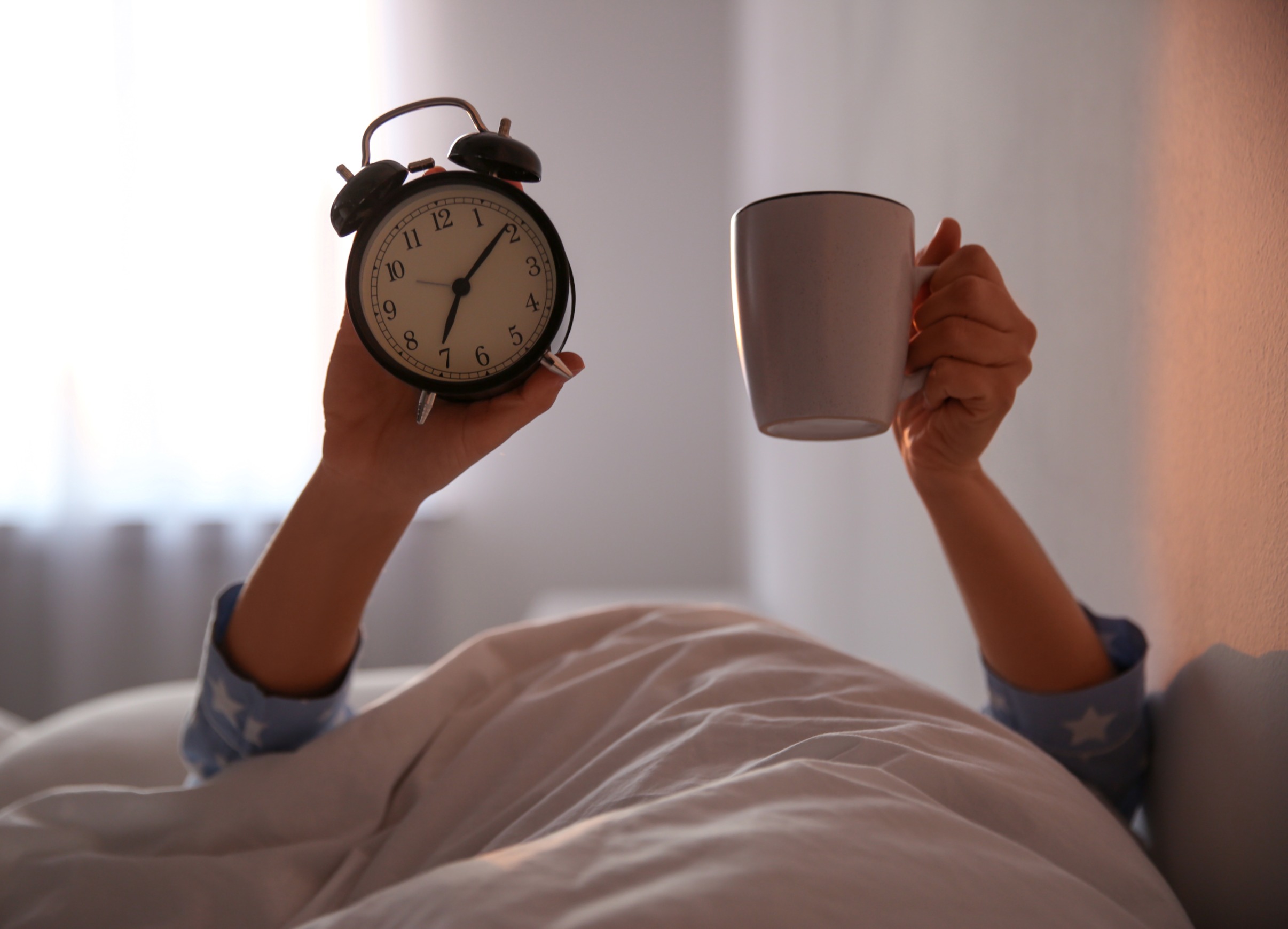BY THE OPTIMIST DAILY EDITORIAL TEAM
Many people naturally feel more awake and productive at night, making it an ideal time for creativity and focus. However, if you have to get up early for work or school, staying up late might not be the best choice. Shifting your internal clock may appear difficult, but it is perfectly feasible with the appropriate approach. Here’s a step-by-step method to transitioning from night owl to early bird, so you can sleep well and wake up rejuvenated.
1. Embrace morning light exposure
One of the most effective strategies to reset your sleep schedule is to get sunlight early in the day. According to the CDC, early exposure to natural light signals to your body that it is time to begin waking up earlier. If sunlight is not an option for any reason, a UV lamp or lightbox can provide a comparable effect.
2. Establish consistent sleep and wake times
When it comes to changing your sleep habits, consistency is crucial. Setting your alarm for the same time every day, even on weekends, will help you stick to your new routine. Try to ease into it by altering your bedtime in tiny steps over several days. This approach is gentler on your body and psyche than attempting a major change all at once.
3. Avoid late-day caffeine
It’s no surprise that caffeine can keep you awake at night. This stimulant inhibits adenosine, a natural substance that causes tiredness. In the afternoon and evening, avoid caffeine-containing beverages such as coffee, soda, and energy drinks. Instead, consider drinking caffeine-free herbal teas like chamomile, which may help you relax.
4. Limit screen time before bedtime
It’s tempting to scroll or binge-watch before bedtime, but blue light from screens can disrupt your sleep cycle. Aim to turn off all electronic devices at least 30 minutes before bed. A dark, screen-free atmosphere helps your body prepare for sleep.
5. Get moving
Regular exercise, regardless of intensity, can improve sleep quality. Even a brisk walk can assist, as research indicates that physical exercise promotes peaceful sleep. However, avoid strenuous exertion less than an hour before bedtime. Evening workouts rarely affect sleep, but it’s better to end your session long before going to bed to give your body time to relax.
6. Take melatonin for a natural boost
Melatonin is normally produced by the body in reaction to darkness, however, melatonin pills may help you fall asleep faster. Remember to ask your doctor before starting any new supplements, as they may interact with other prescriptions. Mild allergic reactions are possible side effects, and melatonin may be unsafe for pregnant or breastfeeding women.
7. Create a cool and comfortable sleeping environment
Your body’s core temperature dips before bedtime, indicating that it is time to sleep. Maintaining a chilly bedroom (preferably between 60-65°F) can aid with sleep. According to studies, warmer room temperatures can affect sleep quality. Keeping your bedroom cool, quiet, and dark can make a significant impact.
8. Create a relaxing bedtime routine
Setting up a pre-sleep routine can assist your body know when it’s time to go to rest. Gentle stretching, moisturizing, reading, or listening to quiet music can all contribute to a relaxing ritual that helps you fall asleep more easily.
Other suggestions for winding down include:
• Changing into pajamas signals relaxing time.
• Use a fan to create a relaxing sleep environment with its cold air and white noise.
• Dim the lights: Lowering the illumination in your home encourages your body to relax.
Why do some people stay up late?
Night owl behaviors are more than just a personal preference. Genetics, age, and lifestyle all influence your normal sleep-wake cycle, or chronotype. Some people have a “late chronotype,” which means they are most awake at night and prefer to sleep late in the mornings. If lifestyle changes are insufficient to overcome these tendencies, consult with a healthcare physician, who may be able to suggest additional options.
Adjusting your internal clock for restful nights and early mornings
While some of us may have a late-night chronotype, we may change our sleep patterns. Light exposure is one of the most efficient ways to reset our internal clocks, coupled with a consistent wake-up time, a restful bedroom atmosphere, and a relaxing pre-sleep ritual. By focusing on these tactics, you can reset your body’s sleep routine and begin to appreciate earlier mornings with renewed vitality.











